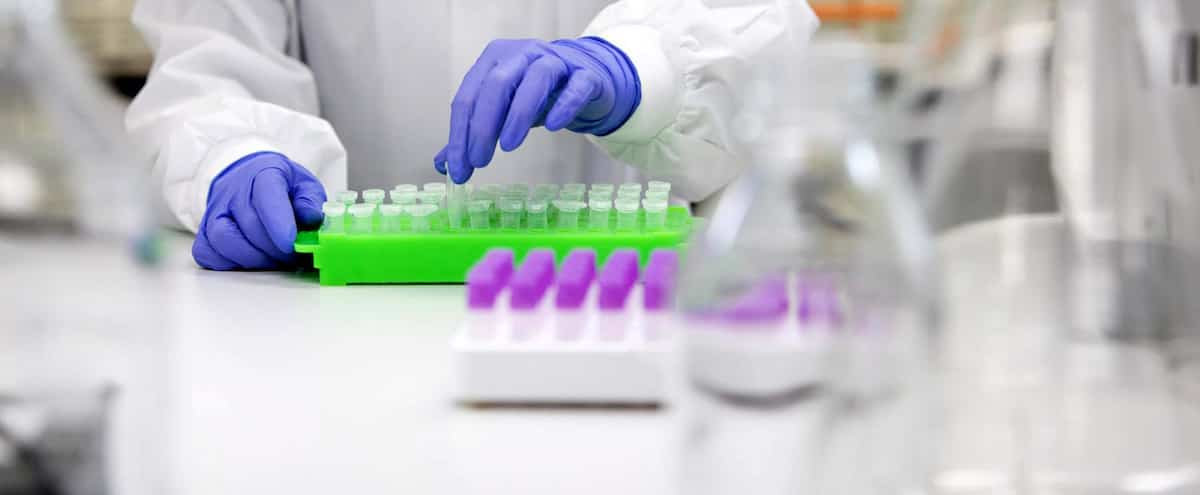Two new studies point to a lasting immune response in people who have recovered from COVID-19, particularly those who have suffered from a severe form of the disease.
A first study from Massachusetts General Hospital (MGH) analyzed blood samples from 343 patients who suffered from COVID-19, most of whom were seriously affected by the infection.
Researchers have found that a certain type of antibody, immunoglobulin G (IgG), persists at high levels for at least four months after the onset of symptoms and is associated with the presence of neutralizing antibodies.
In contrast, two other types of antibodies, immunoglobulins A (IgA) and M (IgM), had a shorter lifespan and reached low thresholds after two to two and a half months.
An important question
Whether a COVID-19 infection elicits a long-lasting immune response is important not only for whether infected people develop some form of immunity to the disease, but also for vaccine development.
The purpose of vaccines, as we know, is precisely to induce the production of antibodies directed against the infectious agent. The more durable these are, the longer a vaccine has the chance to protect.
For Richelle Charles, researcher at MGH, the high levels of IgG antibodies noticed up to four months later in severe cases of COVID-19 “means[nt] that people are most likely protected during this period ”.
Another study, this time Canadian, came up with similar results, which were published in the same edition of Science Immunology.
Toronto scientists, for their part, examined saliva and blood samples from COVID-19 patients over a three-month period.
Debate
They too found that IgG antibodies persisted in the blood “relatively stably” while IgA and IgM antibodies “decay rapidly”.
According to the authors, however, the data do not allow to say what is the degree of protection conferred by the IgG antibodies and whether their presence lasts beyond the period studied.
The immunity conferred by COVID-19 and the duration of that protection is still an open debate in the scientific community.
According to a previous study published in the journal Nature Medicine, the immune response in people who contract COVID-19 but have no symptoms is weaker.
In their case, the antibodies would disappear in about two months.
 Canada Live NEWS – 24/7 Breaking Headlines & Updates Canada Live News is one of the largest news curating sites across Canada which is made exclusively for Canadian people.
Canada Live NEWS – 24/7 Breaking Headlines & Updates Canada Live News is one of the largest news curating sites across Canada which is made exclusively for Canadian people.
